How to Treat Bad Breath
Brushing and flossing are among the most important tips for combatting bad breath. Brush twice a day and even after meals to prevent plaque. Flossing dislodges food particles from between teeth. Remember to change your toothbrush every 2 to 3 months. Bacteria and food can also build upon the tongue, so you can brush your tongue or use a scraper for fresher breath.
If you have dentures, a dental bridge, or a mouthguard, they should be cleaned daily. Regular cleaning prevents bacteria build-up. In addition, drink plenty of water. Avoid alcohol and tobacco, both of which cause dry mouth. Chewing sugar-free gum can also help stimulate saliva production to fight dry mouth.
Bad Breath FAQs
Dr. Romay and Dr. Cross have compiled the most common questions and answers they receives about bad breath. Understanding this condition is vital for your well-being and confidence in a social setting. If you have questions or concerns about your bad breath, please contact us for additional help.
Is Bad Breath Contagious?
Bad breath is not contagious. In almost all instances, it is a symptom of an underlying dental problem or health issue. Bad oral hygiene habits, gum disease, mouth ulcers or sores, acid reflux, and IBS can all cause halitosis. However, bacteria in the mouth can be spread through close contact and lead to similar issues, such as gum disease. Maintaining good oral hygiene and caring for the bacteria in your mouth will eliminate this worry.
Can Stress Cause Bad Breath?
Yes, stress can cause bad breath. When you’re nervous, your mouth tends to dry up by reducing saliva production. Saliva neutralizes acids and washes away food particles and bacteria. This occurs due to the stress chemicals cortisol, adrenaline, and noradrenaline. Combining these hormones can alter the mouth, leading to bad breath. Stress can also make gum disease conditions worse and further contribute to bad breath.
How Common Is Bad Breath?
Bad breath, or halitosis, is a common issue that affects about a third of people. It can result from many things, from medication to poor oral hygiene. Conditions such as gum disease and dry mouth can cause chronic bad breath. Regular dental check-ups and good oral hygiene practices are crucial for prevention and management. Limiting or eliminating bad habits such as smoking or drinking alcohol can also help control bad breath.
Why Can’t I Get Rid Of Bad Breath?
If you are struggling to get rid of your bad breath, the first step is to find the underlying cause. You may have an underlying issue that cannot be addressed with routine oral hygiene. If you suffer from gum disease, you will need professional treatment. Patients with chronic halitosis may have periodontitis and be unaware of the underlying cause of their bad breath.
Additionally, certain medical conditions, such as sinus infections, acid reflux, diabetes, and liver or kidney diseases, can cause bad breath. Smoking and your diet also play significant roles. If you struggle to determine which leads to halitosis, schedule an appointment with your dentist to help find and treat the root cause of your bad breath.
What Are The Four Possible Causes Of Bad Breath?
The four most common causes of bad breath are food, tobacco products, dental hygiene, and medication. All of these may impact the quality of your breath. Certain medications, along with regular tobacco users, may have chronic bad breath.
Does Everyone Have Bad Breath?
Everyone has bad breath from time to time. It is not uncommon for your breath to smell foul after eating certain foods, such as garlic and onions. Chronic bad breath is called halitosis. It may be a sign of an underlying health condition. If you believe you are experiencing halitosis, it is important to have it checked and evaluated by a professional.
Does Lemon Water Help With Halitosis?
Lemon juice has been shown to help reduce bad breath. This is because it has strong antibacterial properties, which help to reduce and neutralize foul-smelling odors. The best way to use this technique is to cut a wedge of lemon and squeeze a teaspoon of lemon juice into a glass of water.
Is Bad Breath A Sign Of Illness?
Bad breath can be a sign of certain illnesses. Conditions like sinus infections, acid reflux, diabetes, and diseases affecting the liver or kidneys can make your breath smell. If you have abnormal halitosis, you should explore all the possible causes. It could indicate an underlying health issue that requires medical attention.
Can Tonsil Stones Cause Bad Breath?
Yes, tonsil stones can lead to bad breath. A tonsil stone can form when debris, bacteria, and dead cells build up in the small holes in your tonsils and harden into stones. These stones can cause your breath to smell due to the presence of sulfur compounds, contributing to halitosis in patients.
Learn More About BAD BREATHE in Glyndon, MD
Bad breath does not have to ruin your life. Dr. Romay and Dr. Cross can locate the underlying cause and provide halitosis treatment in Glyndon, MD. Call today to schedule an appointment with Dr. Romay or Dr. Cross at 410-833-4664 or request an appointment online.


